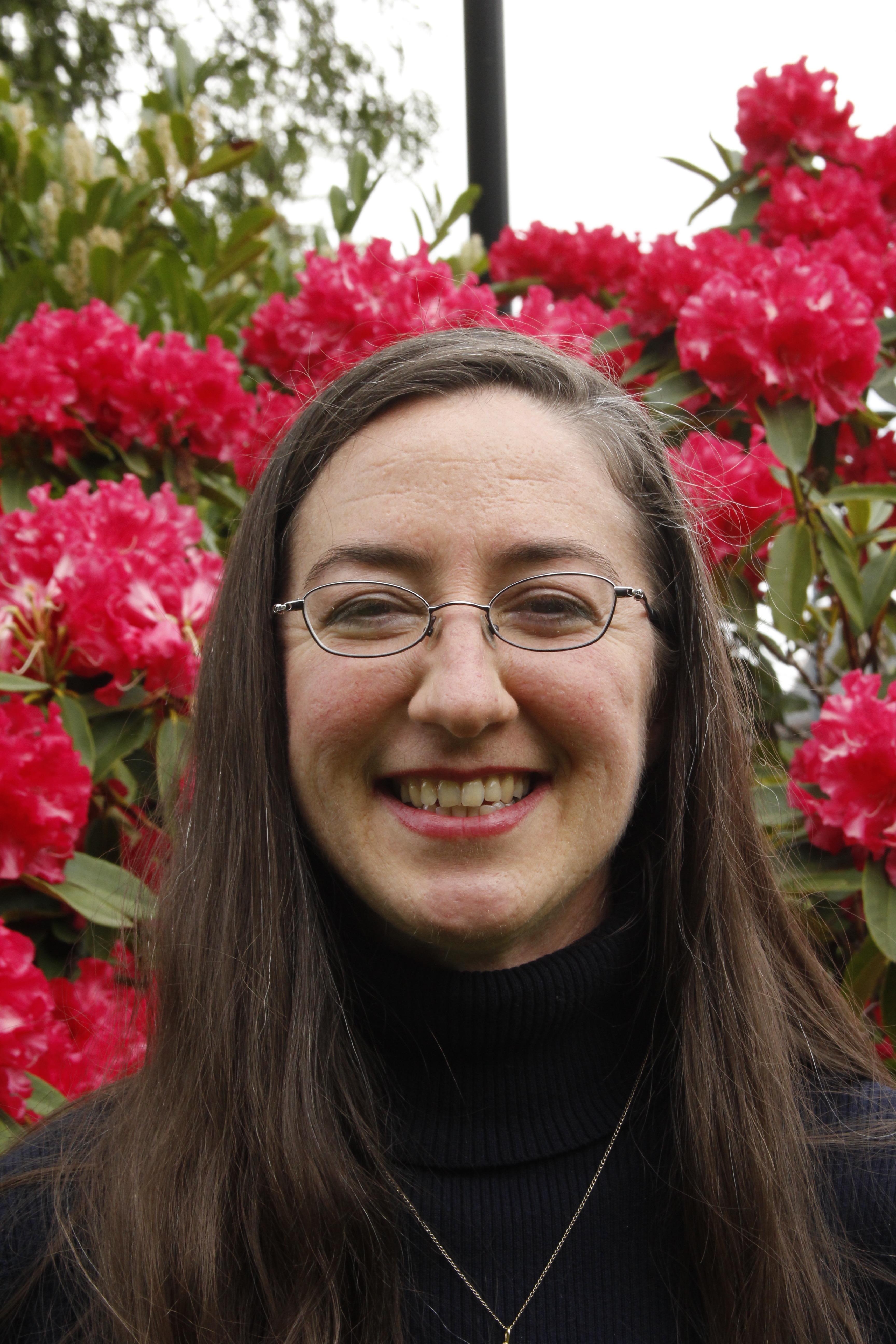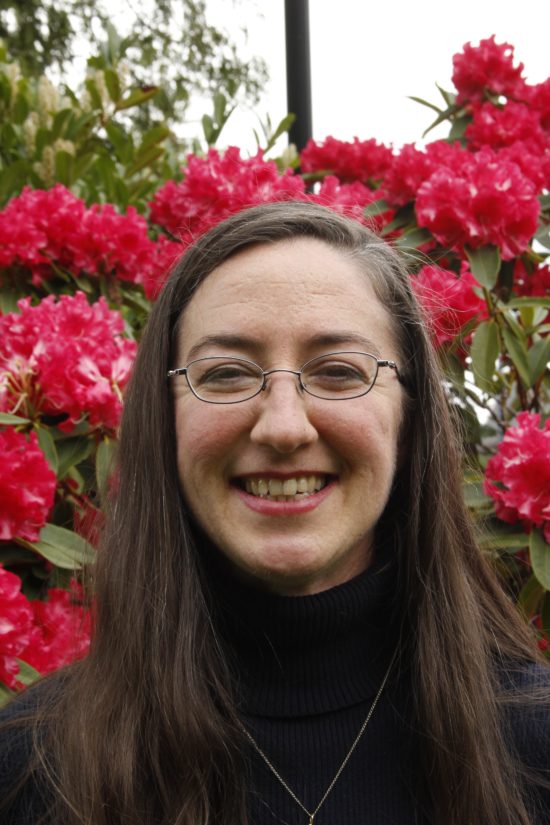
By Ryan Fournier

The student body at Penin- sula College voted 82-11 to stop holding elections for its execu- tive officers, and instead have them selected by a committee, in 2014. The Associated Student Council voted unanimously to put the measure on the ballot be- cause of low voter turnout, and a general lack of student interest in the elections.
250 students had voted in the previous, and final ASC election in Spring 2013. That was the most votes counted in ten years. There were 891 eligible voters at the time, not counting students in the prison education program, community education classes or those enrolled fully online, ac- cording to the College’s institu- tional research data.
“If you were on campus dur- ing this time, it would be im- possible not to know that there was an election going on,” Emma Sackett, the last elected president, said. She remembers candidates’ flyers at entrances, bulletin boards, stairways and ta- bles- “nearly every square foot” of campus.
Beyond that, Sackett con- tacted programs like the Nurs-
ing department, sports teams and student clubs, collecting feedback about what students wanted to see from their govern- ment, which manages an account of hundreds of thousands of dol- lars every year, drawn from a percentage of student tuition.
A major portion, currently more than half, of the Associated Students Budget goes toward the athletic department. The ASC also funds student clubs and programs (including The Buc- caneer), puts on campus events and funds the childcare center.
While Sackett was president, the ASC also had permanent purified water stations installed around campus, put funding to- ward bleachers for the soccer field and upgraded student com- puters in the Pirate Union Build- ing, to name a few things.
Sackett believes engagement with students made them more aware that student government could make a difference on campus, and contributed to that year’s record turnout.
Still, among the ASC and vot- ing students, the feeling was that the democratic process was not working. Sackett said this was reinforced by feedback from previous governments, as well as Rick Ross, associate dean of athletics and student programs.
“For awhile our election numbers were really low, and people were winning with very few votes,” Ross said. “It was a little embarrassing.”
Candidates, as well as voters, were turning up in small num- bers. The 2014 ASC stated that in ten years of elections for its three executive positions: presi- dent, vice president and vice president of programming, there hadn’t been a contest for all of them at once. In other words, there were “elections” with only one candidate to choose from, at times.
The non-executive ASC posi- tions had moved to a selection process in 2004. According to the ASC, the number of appli- cants more than doubled after that, suggesting that there were many who would apply, but would not campaign.
“I’ve been advising student governments here since 1997 and found that community col- lege students didn’t enjoy cam- paigning, they didn’t know each other enough to make informed decisions when we had elections, and although I love the idea of democracy, it didn’t work well for community college student government,” Ross said.
During her term as ASC pres- ident, Sackett was also president
of the Washington State Com- munity and Technical College Student Association, where she interacted with student govern- ments from other schools. She said the selected governments stood out to her.
“Overall, the level of quality in the people who were filling these positions was generally su- perior,” she said.
Her observation was, not only were selected individuals more qualified, but whole student councils worked better together.
The Selection Committee for the three executives is made up of a student majority, and a College-administration minor- ity. It is chaired by the outgoing president, who chooses the other students on the committee.
This year’s committee in- cluded Kelly Kevershan, ASC president, Cole Murcavitch, student ambassador, and Dillon Trammell, former director of clubs on the ASC. The adminis- trators were Ross, lead advisor to the ASC, and Jeremiah John- son, assistant athletic director and activities coordinator.
The Constitution of the As- sociated Students allows admin- istration to vote, though their policy is to only discuss the options, and leave the vote to students, according to Ross and student members of present and past committees.
The switch to selection at PC was a Constitutional change, and required a student body vote. By the same token, the students could vote to change it back.
